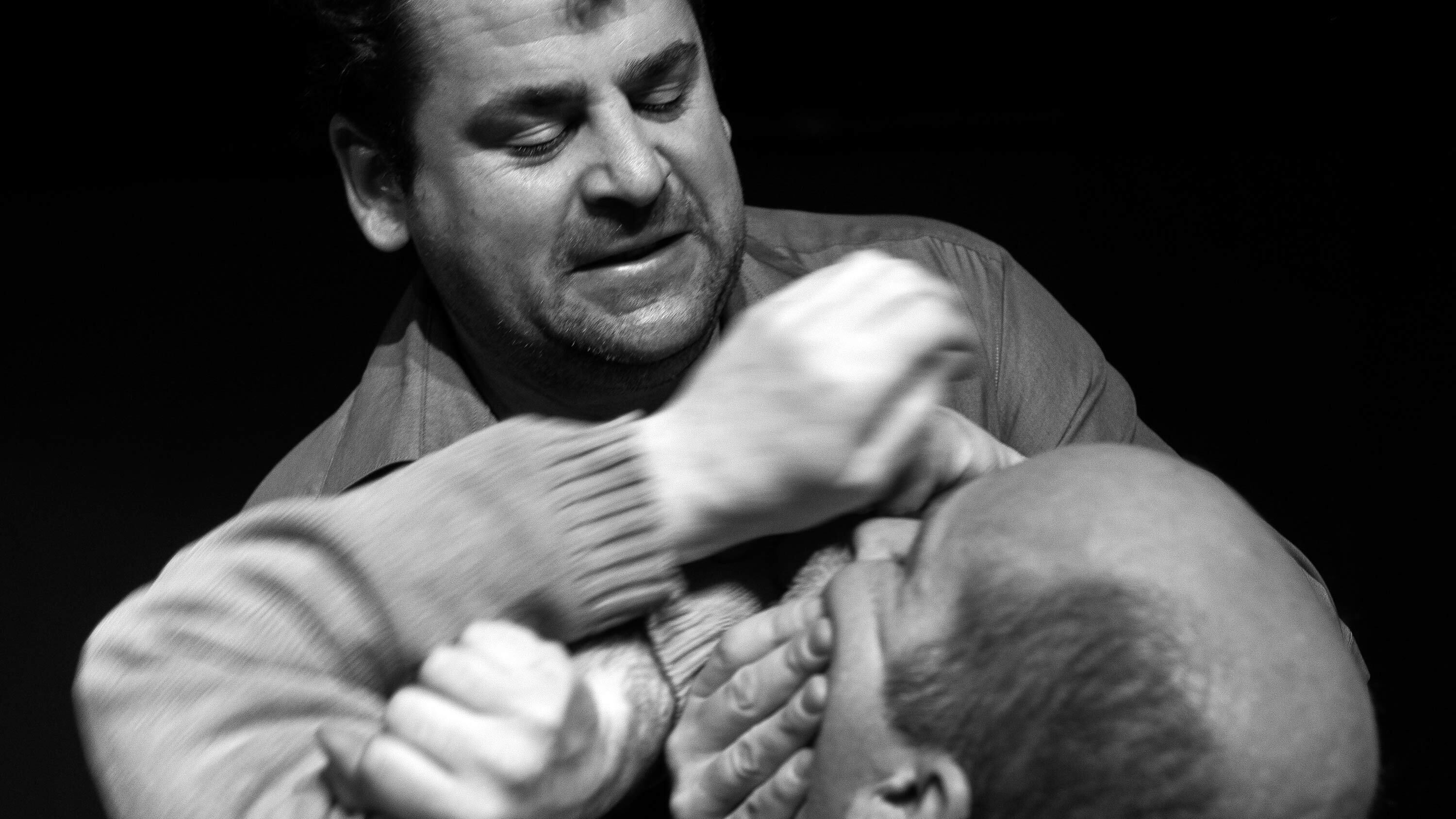WW: What does experimental theater mean to you?
Benjamin Philip: By bringing people together in a safe space, we are able to tackle not only things that have happened in our own lives, but what’s going on in the world around us. It’s been a very surreal thing the last 10 or so rehearsals, as I no longer have to work very hard to have an idea of what a totalitarian fascist dictatorship feels like.
Do you think of your company as having a responsibility to respond to social issues?
I think as artists, we really have to step up. I’m not sure if you heard about the Ghostlight Project [in which people across the country gathered at theaters pledged to create inclusive spaces], but that’s something in particular I can point to. That idea of “we are gathering this light in the darkness.”
How do you feel The Pillowman relates to that agenda?
Trump’s whole war against the media can be very much read into this totalitarian government’s war against these storytellers. My hope is that we’ve created an experience where people can come and see this play and say, “Wow, McDonagh was writing about something back then that is now getting a bit too close to home.”
SEE IT: The Pillowman plays at the Headwaters Theatre, 55 NE Farragut St. 7:30 pm Thursday-Sunday, Feb. 10-25. $10-$15.

